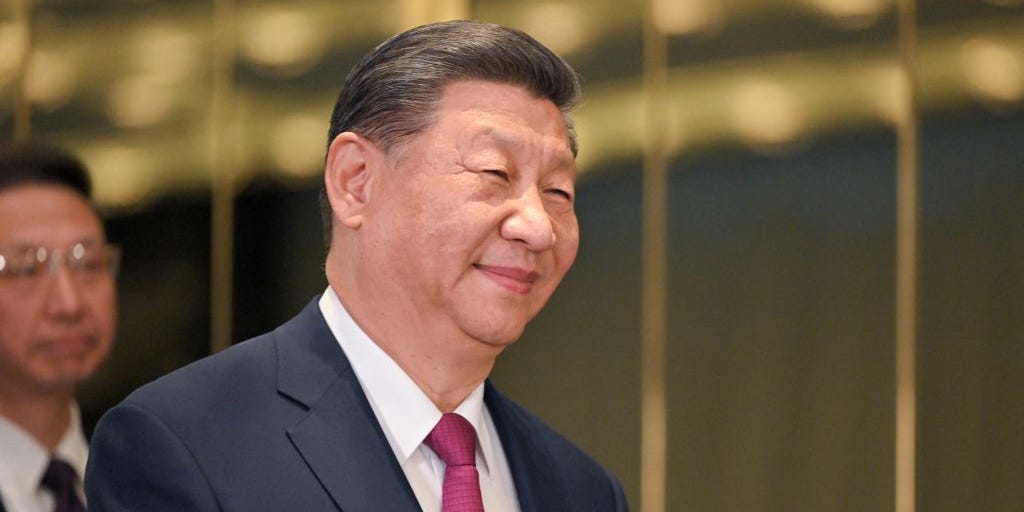A top economist has joined the growing list of China’s elite to have disappeared from public life after criticizing Xi Jinping, according to The Wall Street Journal.
Zhu Hengpeng served as deputy director of the Institute of Economics at the Chinese Academy of Social Sciences (CASS) for around a decade.
CASS is a state research think tank that reports directly to China’s cabinet. Chen Daoyin, a former associate professor at Shanghai University of Political Science and Law, described it as a “body to formulate party ideology to support the leadership.”
According to the Journal, the 55-year-old disappeared shortly after remarking on China’s sluggish economy and criticizing Xi’s leadership in a private group on WeChat.



And access to transport was widely available to the overwhelming majority of the population through trains, trams, buses and trolleybuses. Even if your American mind can’t comprehend this fact, owning a car isn’t the ultimate form of mobility, there are alternatives that are arguably better. City design was centered around walkability, density and public transit; metro systems were luxurious and a predicament all out of themselves, and housing being generally obtained through the worker’s union implied that workers usually lived in relative proximity to their workplaces.
The soviet economy was a developing, centrally planned economy, not running under the premise of overproduction and surplus but running under the premise of 5-year plans of production. There was full employment, and almost complete usage of the raw materials extracted and industrial goods produced. Making twice as many cars, implied removing all of that labor and those resources from another sector of the economy. When the premise isn’t to “make money selling cars to rich people”, but to “grant adequate material conditions and welfare to every citizen”, you have to make decisions like that. More cars could have implied, for example, fewer hospital beds or fewer trams, but my point is that making more private cars would have NECESSARILY meant making less of something else of which there’s also no surplus (because the premise of the USSR was the non-existence of surplus). It’s very easy to have surpluses in a capitalist economy when you don’t care about 80% of the population not having access to the goods and services available, when you want everyone to have access it’s a different story.
Tell that to people living in the countryside, lol. Even if your wannabe-communist, Western-born, city dwelling, mindset tell you otherwise, those on the country have limited access to transportation and infrastructures that city folks take for granted.
Data says otherwise. Since the end of the soviet block, there’s been a massive migration outwards from the countryside in favour of urban life all over the former socialist republics. Maybe the idea of subsidizing the infrastructure of the countryside despite it not making sense within capitalism wasn’t such a bad idea after all… Please, try to respond to that: why are people flocking from the degrading countryside in post soviet countries
“I don’t understand why people live in cities.” - Peak Tankie Analysis, apparently
We’re talking about during communist era, you goal-post moving dong head.
You are literally just did what this comment chain is criticising lol.
Think harder. I’m not “moving goalposts”, I’m saying, if life in the countryside was so bad during soviet times, why are people from the countryside moving out now and not before… You said “tell that to the people living on the countryside”, the reality is that the people in the countryside were forced to leave the countryside after communism. So why don’t you go ask them?